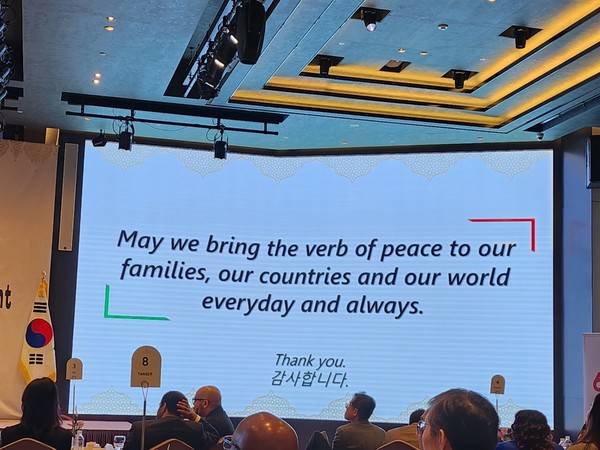Symposium On:
Autonomy as a Relay For Development - Comparative Approach
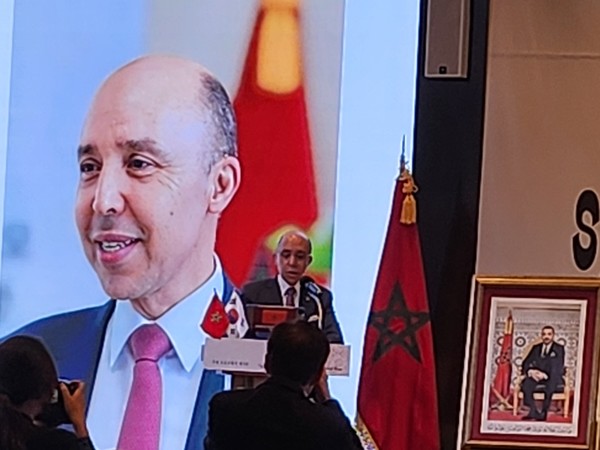
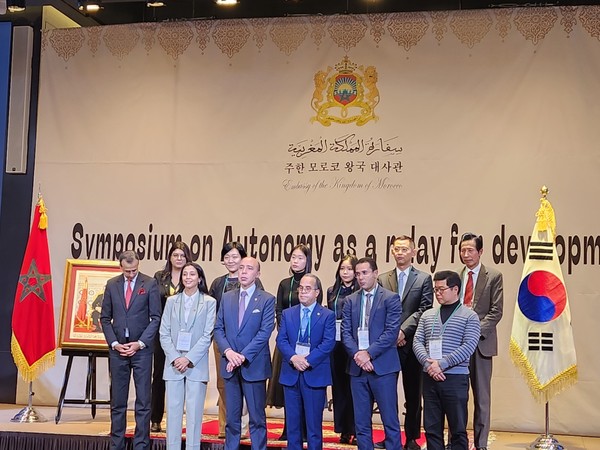
I. Introduction: The stability of nations stands as a paramount element within international law, playing a crucial role in upholding peace and security, and subsequently fostering economic and social progress. One of the main disruptive forces that jeopardizes stability, potentially igniting conflicts and obstructing a nation's pursuit of developmental goals is separatism. To this end, the international law has identified Autonomy, as a way to practice self-determination. This principle has demonstrated its viability and superiority in many cases and in different forms and arrangements, making it the solution that combines respecting territorial integrity and sovereignty and protecting the fundamental rights and specific identities of the concerned populations as well as their voluntary choice of a specific development model. In fact, the world has witnessed multiple successful autonomy plans that have actively contributed in maintaining stability and security as well as achieving social and economic development of local populations. Therefore, the debate and research around autonomy should be carried on to help decision makers identify the appropriate means of application of autonomy depending on the particularities of local conditions.
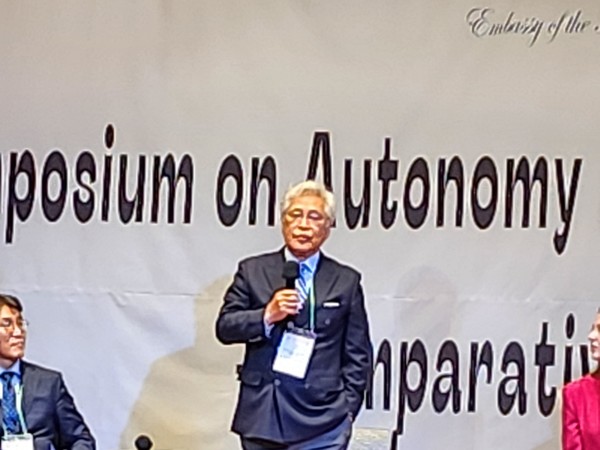
II. Context and main topics : This symposium has made it its objective to tackle practical examples around autonomy, taking the “Jeju Special Autonomous Province” as a living example in Asia recognizing the island's unique status and the desire to promote its development while preserving its distinctive culture and environment. As well as, the “Moroccan Autonomy Plan” for the southern regions of Morocco as a viable initiative on the African continent. The particular choice of this theme is based on the growing international awareness of the need for regional cooperation and international blocs, as well as the security and economic burden posed by the failed states that reproduce after every separation from the mother state. Thus, the separatism and balkanization of nations into small states greatly hinders the achievement of their ambitions for economic development and prosperity, which makes the most appropriate way to preserve the unity of countries, is to ensure democratic autonomy management of their local affairs within the sovereignty of the mother country. Therefore, the symposium will be divided into two sessions, each of which will focus on two main topics as follows:
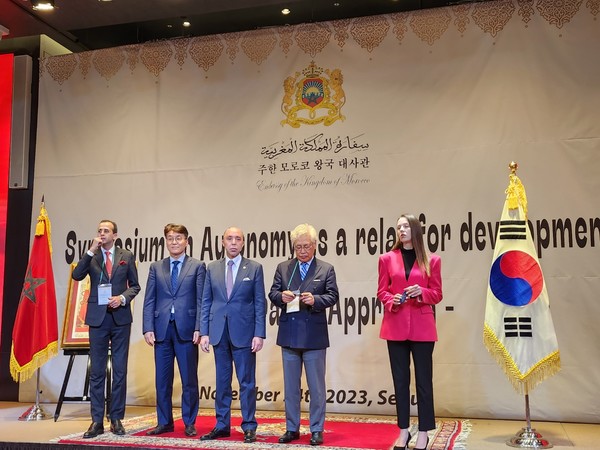
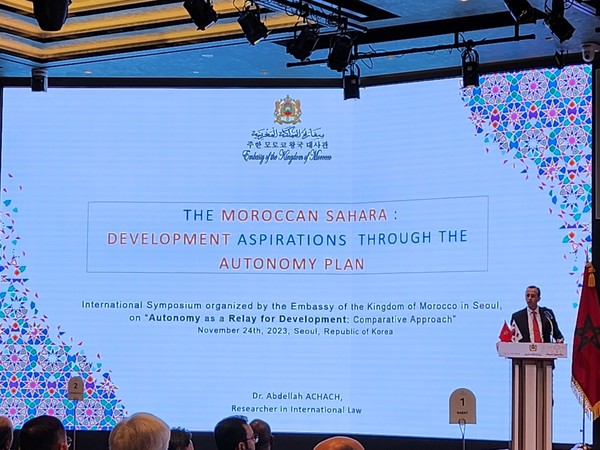
First session: Theoretical and practical approach on Autonomy
1. United Nations experience regarding Autonomy;
2. Comparative analysis of Autonomy models;
3. Asian practical model of Autonomy: Jeju province.
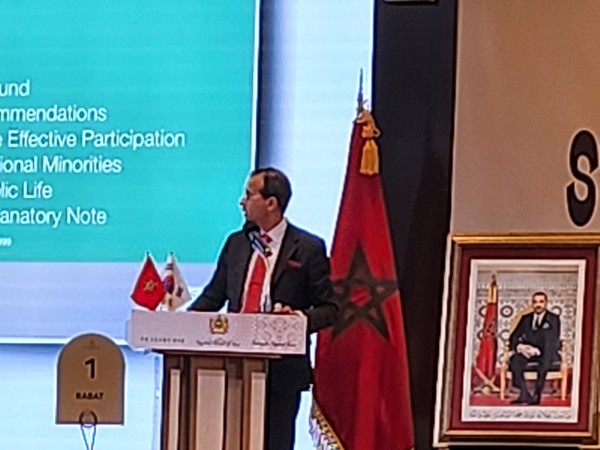
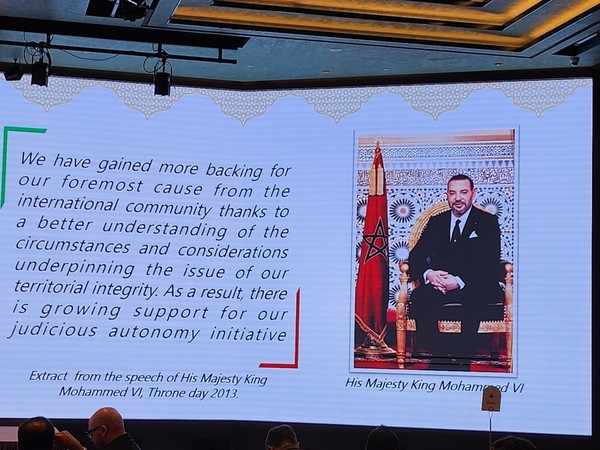
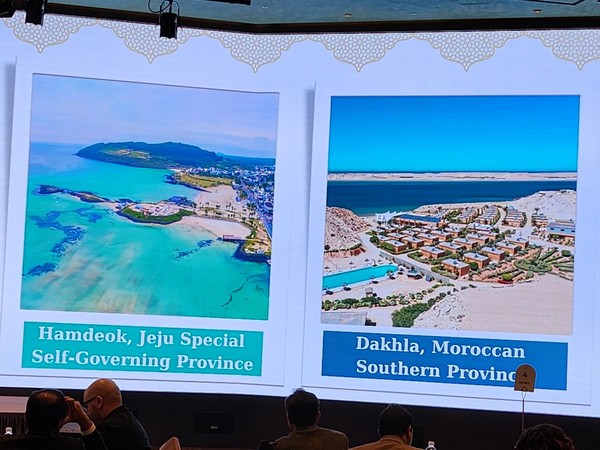
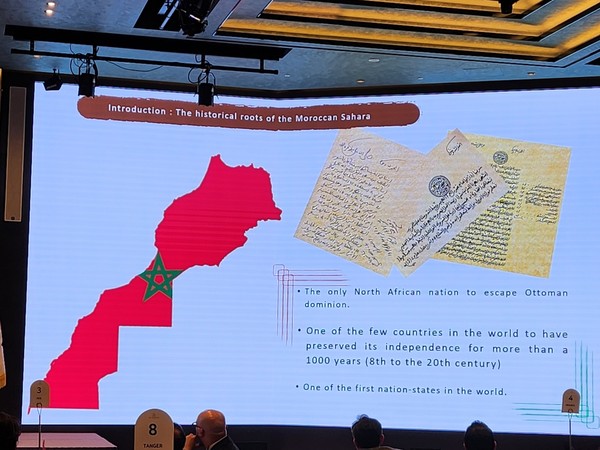
Second session: Development and regional security through Autonomy
1. Separatism, a threat for stability and economic development;
2. Conflict prevention through Autonomy;
3. Development aspirations in the southern regions of Morocco through the Moroccan Autonomy Plan
